While investors continue to pile into ESG funds, recent research shows that corporate boards still don’t fully appreciate that ESG should be integral to strategy. The PwC corporate directors survey conducted in September 2020 among over 600 directors found 51% believed their board had ‘a strong understanding of ESG issues impacting the company’; yet only 38% agreed that ‘ESG issues had a financial impact on the company’. This disconnect reflects serious misunderstanding of ESG: many boards don’t really get what ESG means for them, and this represents a massive risk in itself.
Research by New York Stern Business School’s Centre of Sustainable Business examined the biographies of directors on the boards of 1,200 Fortune 100 companies and found that only 29% had any experience or skills relating to ESG matters. These findings, published in Harvard Business Review in January 2021, suggest that boards don’t appreciate ESG issues because they lack the necessary depth of experience: this dearth of experience means that boards are obstructing ESG at their own peril through their own ignorance.
Recent experience of training the board of a major UK company bears this out. Directors will have an awareness of environmental issues like plastics, pollution and packaging, but societal issues like labour relations, human rights and employee diversity tend to be only vaguely appreciated. Governance issues such as management structure and accountability are understood, but ethical questions and executive compensation matters are less well appreciated. The full range of ESG implications needs to be explored by a board as part of long term strategic risk and review of corporate values and purpose. Not many boards give sufficient time to long term strategy.
Up till now ESG has been an investor concern, and corporate boards have left it to shareholders to make their preferences known. Any action on ESG by the board has been reactive to shareholder pressure rather than proactive consideration of the components of a sustainable business. Why do investors want ESG? They see it as managing future investment risk, however corporate boards tend to see only risks which impact their business operation, they tend to have shorter horizons due to the way their performance is measured: quarterly and annual financial reports.
London Business School (LBS) offers an executive education programme on Sustainability Leadership and Corporate Responsibility to examine the processes company boards need to employ to meet investor expectations around ESG integration into board thinking. ‘We are starting to see increasing investor scrutiny on what businesses claim in their annual reports –wanting to better understand if companies are being authentic and integrating ESG issues into their core business strategy’. They want to see that a board in which they invest actually engages with ESG as a business philosophy and not just a tick-box exercise or lip service to fashion through ‘greenwash’.
As it stands, boards need to grasp what ESG means for them, not just in their reporting to investors and regulators, but in terms of policies and behaviour within their own corporation. This is not a PR exercise but an expression of business purpose in terms of social and economic impact. If boards do not already have a Director of Sustainability, they need collective appreciation of ESG through an executive education programme. The Board Practice programme run by Henley Business School features a module on handling risk in the boardroom, where ESG one of the significant risks boards need to recognise.

